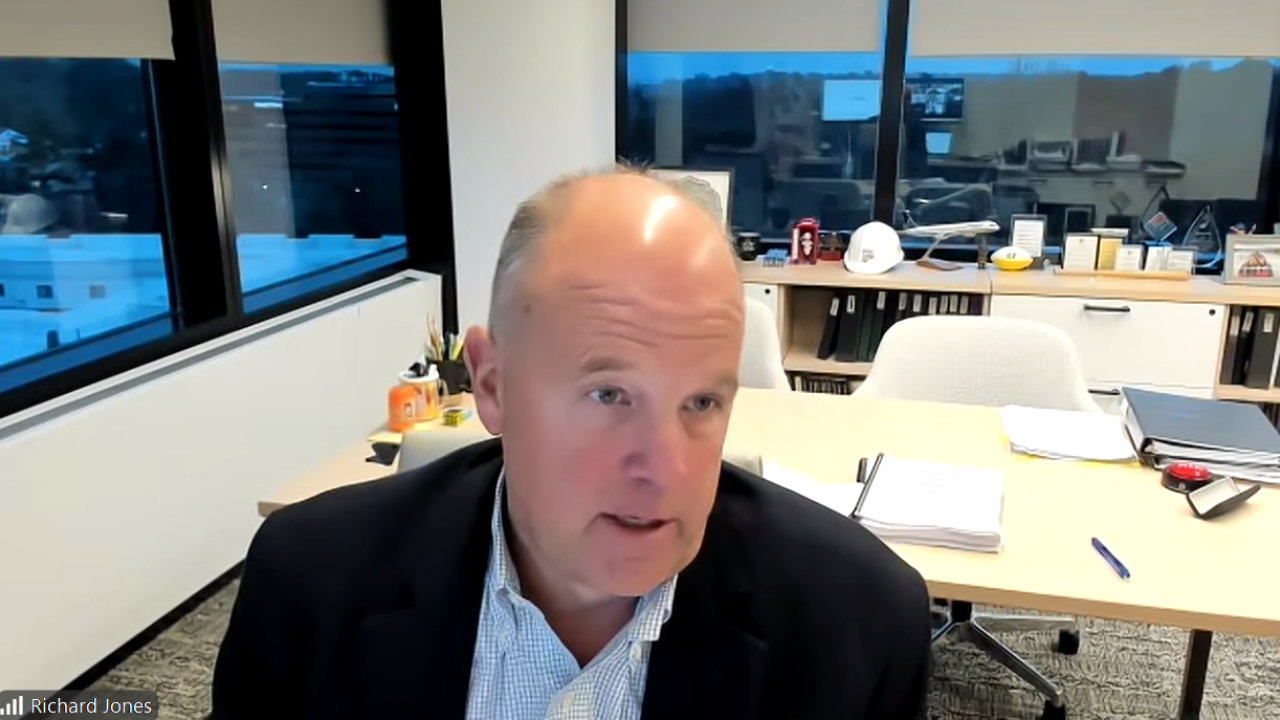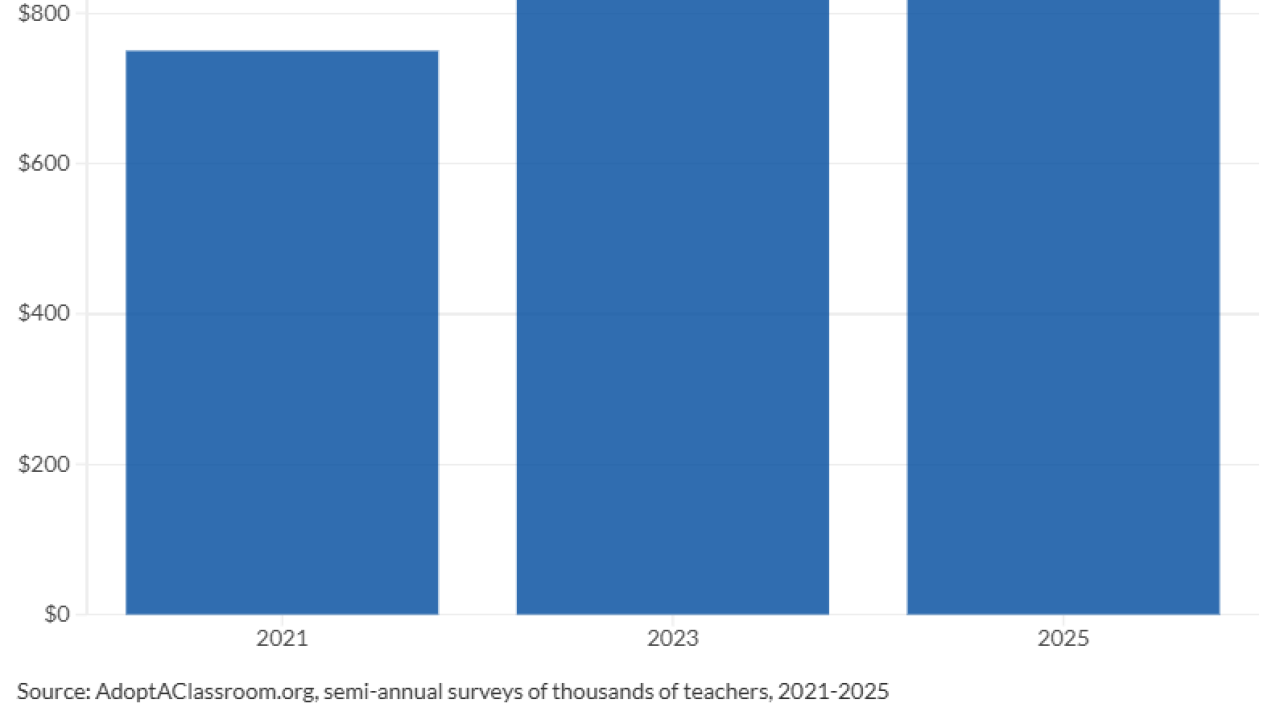In an unusual move, California State Treasurer Fiona Ma, a CPA, has weighed in with an amicus letter filed March 14, 2023, in support of a lawsuit that's taking direct aim at a massive tax break enjoyed by online retailing giant Amazon.
Stanley Grosz, a Fresno camera store owner with no financial interest at stake in the case,
The trial court dismissed the suit, ruling that Grosz did not have standing since the agency has the "discretion" to decide who a "retailer" is, and therefore its actions were discretionary and not ministerial. The Court of Appeals affirmed the trial court, and Grosz's attorney, Marty Dakessian of Dakessian Law, requested a review by the California Supreme Court.
Under California Rules of Court, Rule 8.500(g) specifies that an "amicus letter" may be filed in support of having the California Supreme Court accept a case for review. It is meant to discuss the impact of a court decision, as opposed to the legal issues involved, which are to be discussed in an amicus brief.
In her letter, Ma noted she has principal responsibility as the state's lead asset manager, banker and financier, annually overseeing more than $100 billion in assets and $100 billion in bonds, while processing more than $2 trillion in payments on the state's behalf.

"As a result, my office is deeply invested in ensuring that tax monies owed the state are actually collected, which has implications for asset management, the issuance of debt, and other financial strategies important to the state and its residents," she wrote.
Prior to serving as treasurer, Ma was chairperson of the Board of Equalization, which is now the California Department of Tax & Fee Administration.
"In that role, I specifically investigated Amazon's sales tax collection practices, including by visiting Amazon's headquarters and determining that the company was not collecting most of the taxes it owed California. At the time, my investigation revealed that Amazon owed potentially billions of dollars to California. I was also instrumental in several audits that revealed systemic misconduct within the Board of Equalization during the period underlying this case," she wrote.
"In short, I speak from experience when I say that this case is important for the state and that this court's review is warranted," she stated.
Ma followed with four reasons why the California Supreme Court should grant review.
First, the case has exceptionally important implications for the state's public finances.
"Based on my experience, there is virtually no chance that the state can collect all of the billions of dollars in outstanding taxes from hundreds of thousands of small businesses spread around the world. By contrast, collecting those taxes from a single large taxpayer is the only means by which California can recover what the state is owed," she wrote.
Second, she suggested that the case has significant implications for Section 526a, the Code of Civil Procedure section permitting taxpayer suits, and its role in making sure the state receives all the money it is owed, in addition to promoting transparent and efficient public service.
"Countless government actions involve 'discretion' at some level of abstraction and discretion is always subject to constraints like statutory and regulatory text, due process considerations, and constitutional rights," she wrote. "Accordingly, it is important for this court to clarify the narrow circumstances under which agency discretion can lawfully displace Section 526a."
Third, Ma said the decision of the lower courts was likely wrong.
"Read together, the statutes and regulation at issue have long been understood to place the tax-collection obligation solely on the 'store' making consignment sales," she explained. "In plain language, the business operating the cash register must collect tax receipts along with the purchase price. The Court of Appeal adopted a contrary interpretation of the regulatory text, which apparently CDTFA did not urge, that could have major implications for tax collection in this case and more broadly."
Lastly, Ma argued the Court of Appeal's approach is fundamentally unfair, "which hurts not only the small businesses at issue, but also further increases cynicism among taxpayers, making it more difficult to ensure voluntary compliance with revenue-generating laws."





